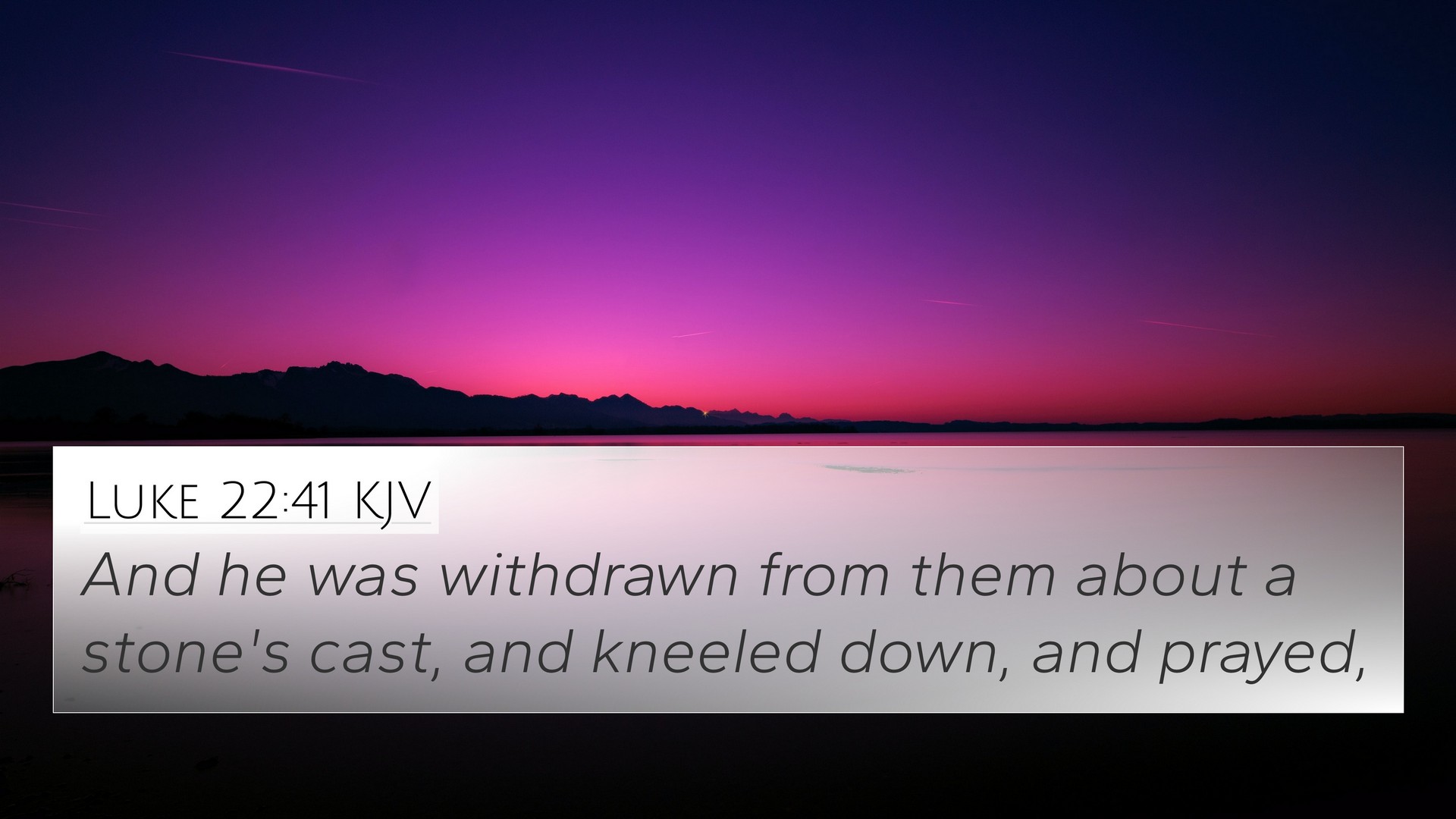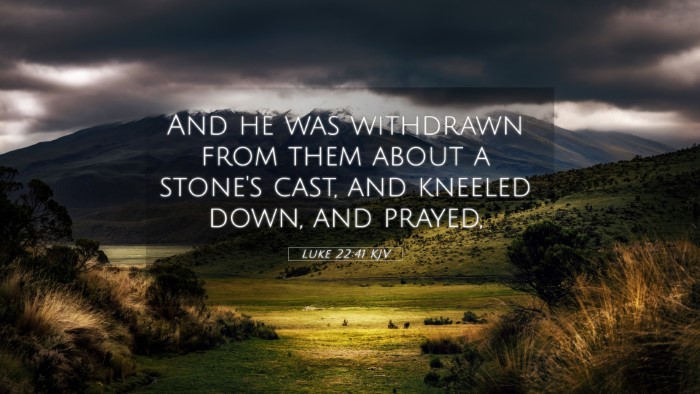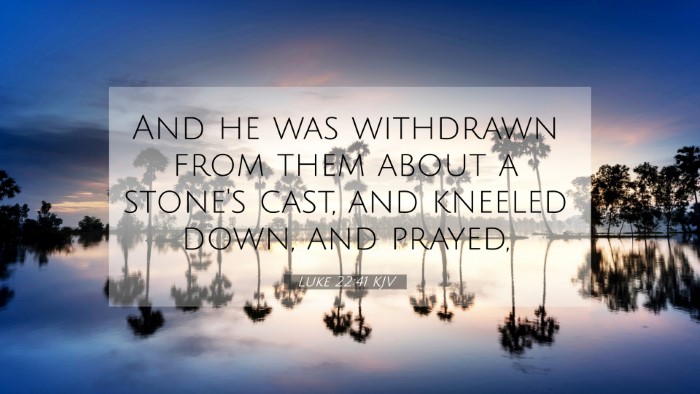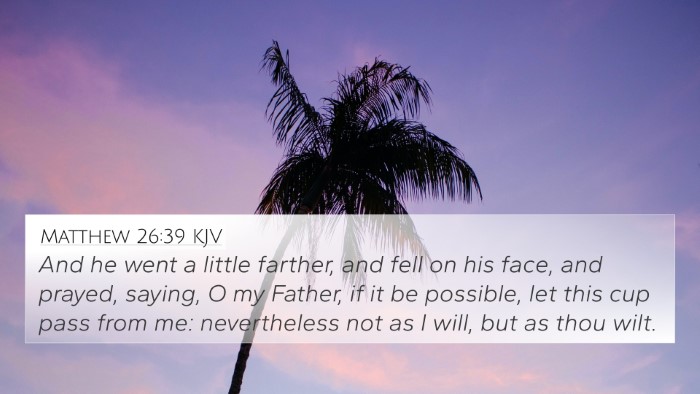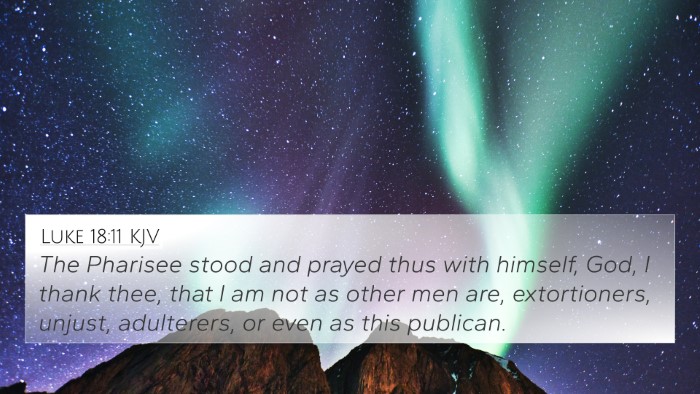Old Testament
Genesis Exodus Leviticus Numbers Deuteronomy Joshua Judges Ruth 1 Samuel 2 Samuel 1 Kings 2 Kings 1 Chronicles 2 Chronicles Ezra Nehemiah Esther Job Psalms Proverbs Ecclesiastes Song of Solomon Isaiah Jeremiah Lamentations Ezekiel Daniel Hosea Joel Amos Obadiah Jonah Micah Nahum Habakkuk Zephaniah Haggai Zechariah MalachiVerse
Luke 22:1 Luke 22:2 Luke 22:3 Luke 22:4 Luke 22:5 Luke 22:6 Luke 22:7 Luke 22:8 Luke 22:9 Luke 22:10 Luke 22:11 Luke 22:12 Luke 22:13 Luke 22:14 Luke 22:15 Luke 22:16 Luke 22:17 Luke 22:18 Luke 22:19 Luke 22:20 Luke 22:21 Luke 22:22 Luke 22:23 Luke 22:24 Luke 22:25 Luke 22:26 Luke 22:27 Luke 22:28 Luke 22:29 Luke 22:30 Luke 22:31 Luke 22:32 Luke 22:33 Luke 22:34 Luke 22:35 Luke 22:36 Luke 22:37 Luke 22:38 Luke 22:39 Luke 22:40 Luke 22:41 Luke 22:42 Luke 22:43 Luke 22:44 Luke 22:45 Luke 22:46 Luke 22:47 Luke 22:48 Luke 22:49 Luke 22:50 Luke 22:51 Luke 22:52 Luke 22:53 Luke 22:54 Luke 22:55 Luke 22:56 Luke 22:57 Luke 22:58 Luke 22:59 Luke 22:60 Luke 22:61 Luke 22:62 Luke 22:63 Luke 22:64 Luke 22:65 Luke 22:66 Luke 22:67 Luke 22:68 Luke 22:69 Luke 22:70 Luke 22:71